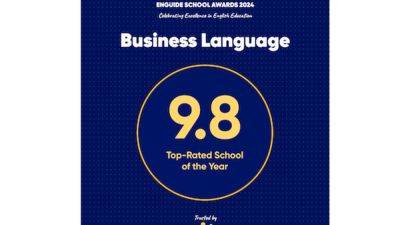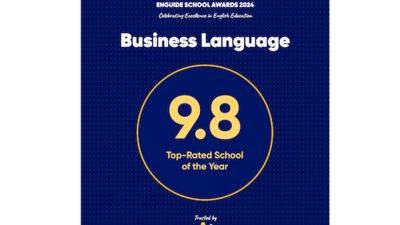English from scratch: from the alphabet to live communication
Have you decided to learn English from scratch? Congratulations. You're braver than half of those who have been saying “I have to start” for years. Now the main thing is not to break down after a month. Because there will be no miracles: the language is not poured into your head with a drip. But there will be a system, progress, and a thrill when you order a coffee in English for the first time and the barista realizes that you are not using Google Translate.
No, you can't “skip the alphabet because I already know A-B-C”. You don't. You confuse “i” and “e”, pronounce “u” as “y”, and turn ‘th’ into “z”. Sorry, but that's just the way it is.
The good news is that it's easy to fix. Learn the sounds as if you were a child learning to speak for the first time. Because you are.
You don't need 5000 words at once. You need 50. Yes, exactly 50. If you know how to say “eat, drink, go, work” - you can already make a sentence.
The method is simple:
● Flashcards. Yes, it's boring. Yes, it works.
One topic per week. Today “food”, tomorrow “actions”.
● Utilization. A new word without a sentence is dead.
Remember: a dictionary is not a museum. It's a tool that needs to be used all the time.
You don't need to know 12 tenses now. You need three: Present Simple, Past Simple, and Future Simple, and that's it. The rest will come with time.
Example:
● I work.
I worked.
I will work.
Yes, this is primitive. But primitiveness is not a shame, it's a stage. And don't be afraid to make mistakes. Seriously, native speakers make them in bunches too. You just don't notice it.
Turn on children's cartoons or simple podcasts. And listen. At first, it will seem that you only catch hello and ok. This is normal.
The main thing is to do it regularly. The






